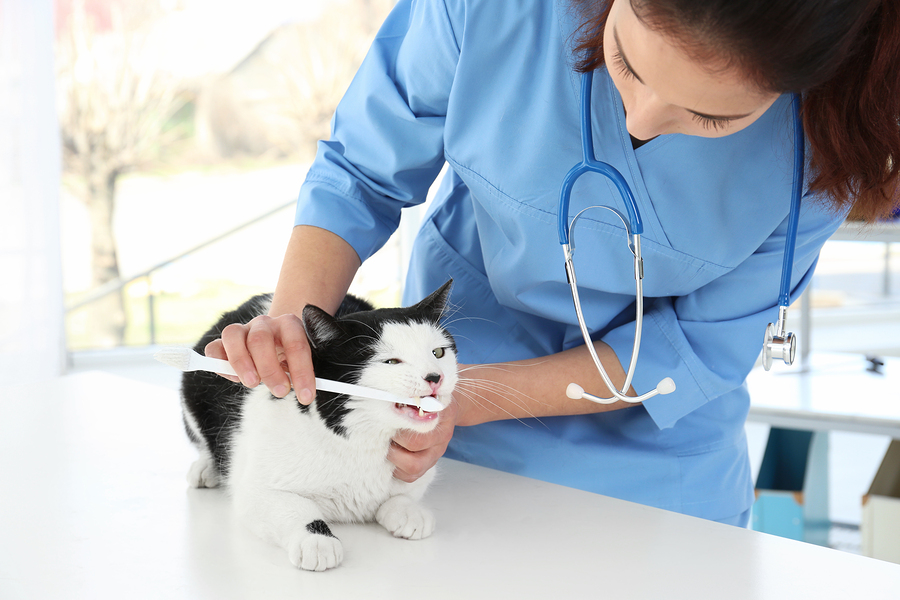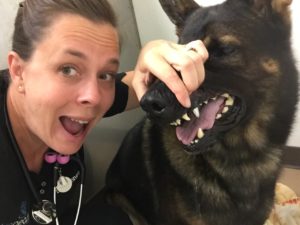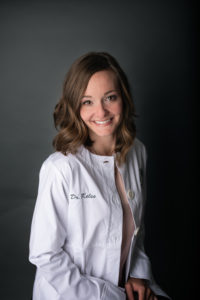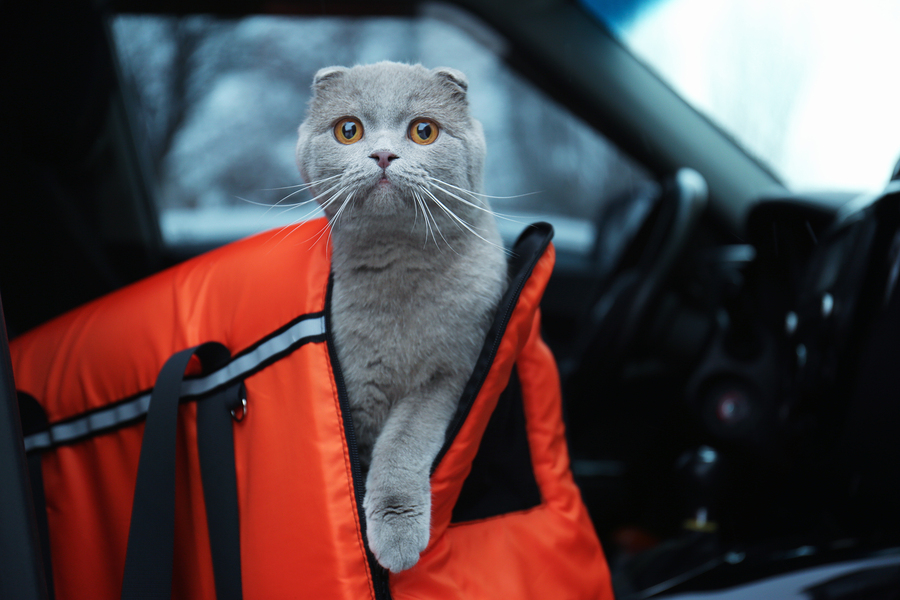Okay, okay… I know. We are supposed to charge for our time. I am a huge advocate for charging appropriately for all our hard work. I am a dentist/oral surgeon, after all. As a group, we all need to recognize extraction of a canine tooth is worth more than 25 bucks.

But, I will admit, I make a hypocrite of myself when it comes to my own recheck exams. Whenever I perform any dental care or surgery that involves an incision, extraction, or -ectomy, I ask the family to please come back and see me two weeks later for a free recheck exam. And nope, I do not secretly wrap the cost into the surgical price somehow, it is genuinely free. No dinero necessary.
From a strictly marketing standpoint, you could argue this is a value-added service. An opportunity to show the client we genuinely care about their pet’s wellbeing and ensure their beloved four-legged friend is doing well. From a patient care standpoint, certainly we want to be sure the mouth has healed, and our little furry beasts are eating, playing, and being exactly the mischief maker they are destined to be (with a comfy, healthy mouth to boot). You could argue this is my opportunity to reinforce the concepts of oral health, provide resources regarding home dental care, or reinforce the importance of an annual cleaning. And I suppose, all of these benefits are true. But, if I am honest, that is not my real motivation.
Here is the kicker. I could bet that 99 out of 100 post-operative patients I see are going to be beautifully healed at the time of their recheck exam and Rover likely did not miss a beat. If we are playing a statistics game, I am definitively wasting a clients’ time to herd their pet into a carrier, drive through morning traffic, and people watch in our lobby waiting for me to come and take a peek. Let’s face the tooth (get it? that’s a stupid dentist joke), their little shih tzu’s mouth is going to look great.
The truth is, my recheck exam is for ME. It is my opportunity to simply sit back and listen to the warm fuzzies. In those moments when I trap a family into an exam room two weeks following my care, I relish the story about how Maverick the weiner dog found his old rope toy even though he is toothless. I soak up the tale of how Snowbank stopped hiding in the leftover Amazon box that had become his home these last few years. I savor the adventures of cutie patootey Lucy who can finally ride between Grandma and Grandpa in the front of the RV again because that trench mouth stink is gone.
My heart fills when Tank’s wiggly butt tries so hard to sit on my lap.
Goosebumps swell as I literally stand in the doorway watching Drake pull his family’s arm off while heading out the front door.
Tears well when a family stops to hug me and say thank you.
How many of the good cases do we all remember? Few. But I bet you can name the last patient that passed away in your care. We need to fill our buckets with the love that is easily shared with us if we just take the time to listen. We need to hear the beauty of what we do and let it seep down into our soul… go ahead… trap your families in an exam room… pause and listen.
The views and opinions expressed in this article are those of the author and do not necessarily reflect the position of the DrAndyRoark.com editorial team.
Dr. Donnell Hansen is a board certified veterinary dentist and oral surgeon from the Minnesota BluePearl Hospitals.
A Minnesota native, Donnell went to school at Luther College, graduated veterinary college at the U of MN, and spent a year in Stillwater, Oklahoma for her internship before returning home for a residency at the University of Minnesota. In 2009, Dr. Hansen joined forces with friends to form Moxie Center, which is now known as BluePearl Veterinary Partners.
While managing a busy clinical caseload, Dr. Hansen also speaks nationally about the value (both from a patient care standpoint and practice health perspective) of veterinary dentistry and oral surgery. Dr. Hansen has a special interest in maxillofacial surgery but honestly, loves the whole gig.
To provide a little balance to life, Donnell enjoys time with her family, including her husband (a fellow veterinarian) and two children, out on Minnesota’s 10,000 lakes or working a jigsaw puzzle during the long Minnesota winters. Like any veterinary family, there are an amalgamation of pets at home but the beloved include her pocket pittie, names Crickett and a beast of a labrador named Goose (or depending on the day, Goosifer). There may or may not be a bunch of bull head eggs hatching in her daughter’s aquarium.



 About the Author
About the Author